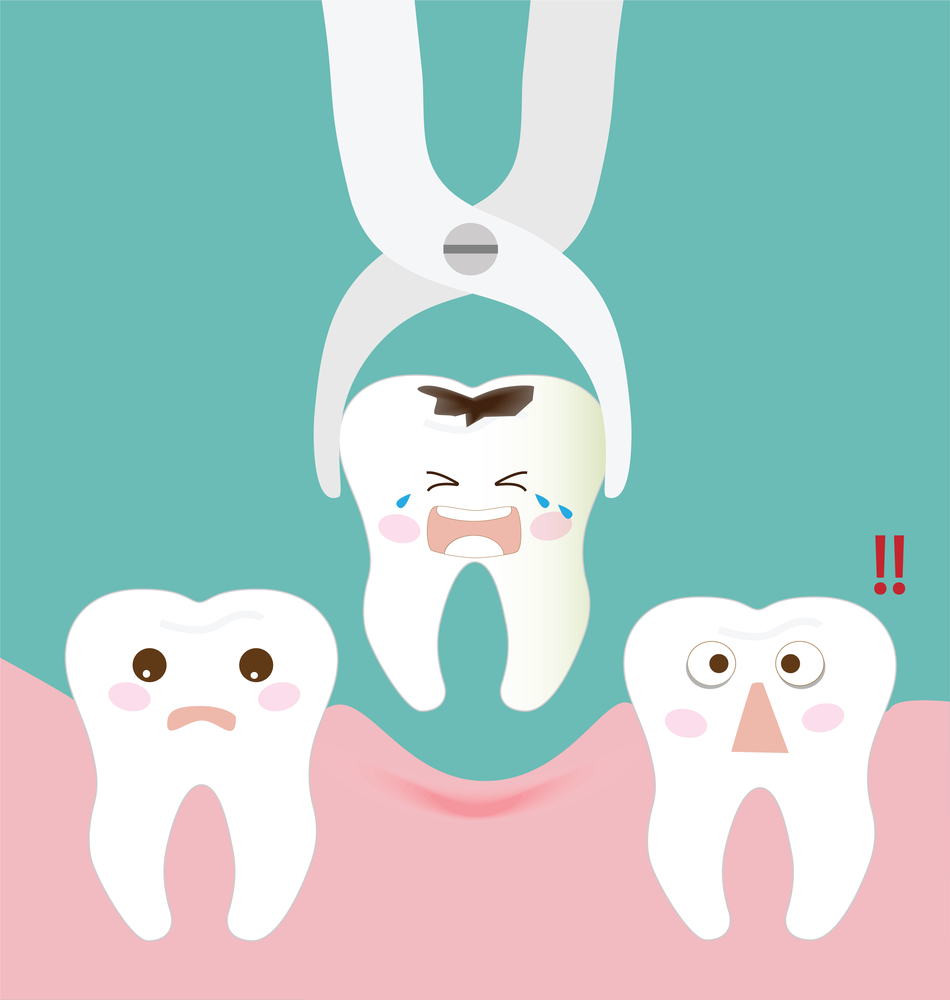The Science of Filing Dental Extractions
Extractions are by far one of the most popular procedures to file to medical carriers. We daily get questions from existing and prospective clients on what types of extractions they can submit to medical carriers. The answer used to be just third molars or anything in a hospital setting. As carriers have begun to recognize the medical necessity behind some simple and surgical extractions of teeth one through thirty-one we are seeing an increase in reimbursement to providers. As with any procedure these must be filed properly and the reasons for extraction must fall within the allowances of the patient’s policy.
Accidents and trauma make up a large portion of the simple and surgical extractions filed to medical insurances. These claims are also relatively easy to code because the reasons for extraction and replacement are straightforward. There are, quite literally, thousands of codes for accidents however and dozens of variations of coding for automobile accidents, falls, etc. so pay close attention to your diagnosis coding.
Some providers want to know how to file claims for more obscure conditions though. It is necessary though – before we delve into filing extractions for other than accidents – that your patient should have medical necessity for the procedure. As we’ve stated in previous articles dental neglect or wear and tear are not grounds for medical insurance covering extractions. That is not to say it doesn’t happen, some patients have oral surgery coverage for dental under their medical that is not based on establishing medical necessity and rather covers certain oral surgery procedures regardless of diagnosis. There are also some plans that will not cover extractions and oral surgery even if medical necessity can be established. These plans have exclusions on these particular procedures. As always, please check your patients benefits before filing any medical claims. It is much better to treatment plan accurately than to present incorrect benefits to your patient.
Medical necessity must be linked to the procedure you are trying to perform. Of course high blood pressure and insomnia are medical conditions but if you cannot link them to having an impact on your patients oral health, and specifically to creating the issues that have led to the extraction then your claim will have a hard road to getting adjudicated. Review patients medications and educate yourself on the links certain medications and health conditions have on a patient’s dental health. There are many chemotherapy drugs that cause excessive dry mouth and other conditions that lead to rampant decay. There is also conditions that cause poor oral conditions without medication such as Sjorgen’s syndrome.
Many claims will not meet the criteria set for medical necessity. For those that do however you will achieve a much higher reimbursement than you would from the dental carrier only and help your patient’s benefits go further. This can lead to your patient doing treatment when they would not otherwise be able to afford it or lead them to doing more treatment because additional benefits will be available to them.
Dental Billing Tips and News for Pros; Edition #137






0 Comments